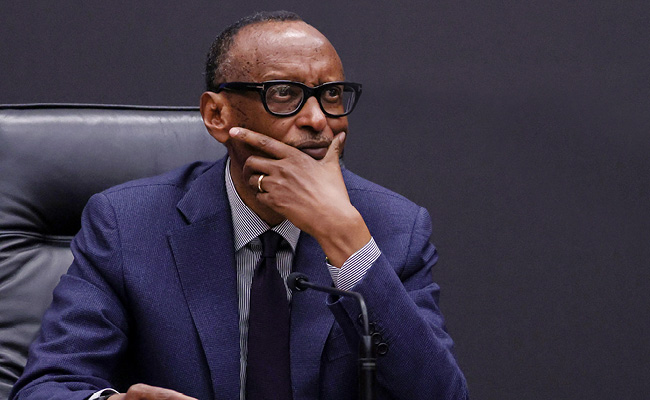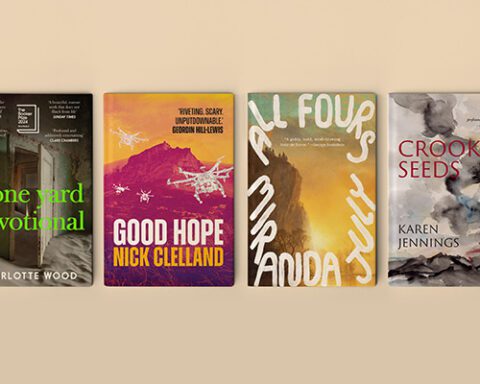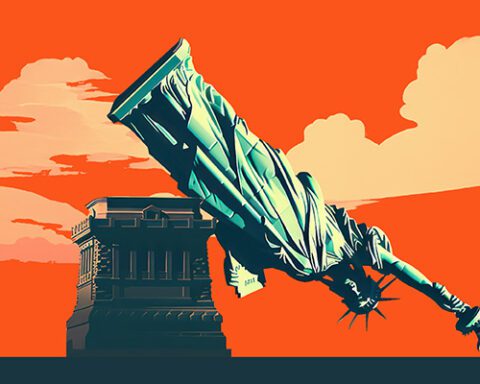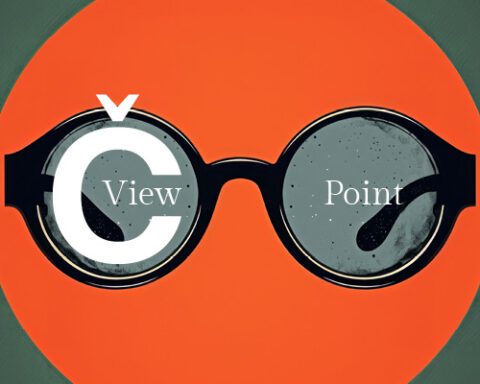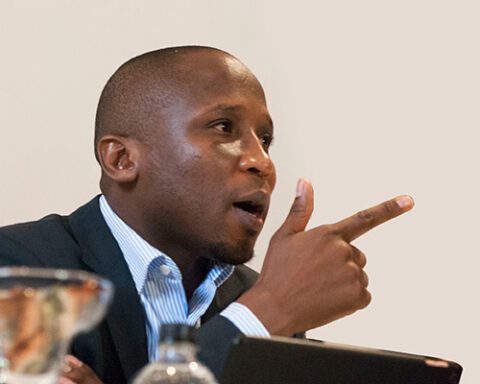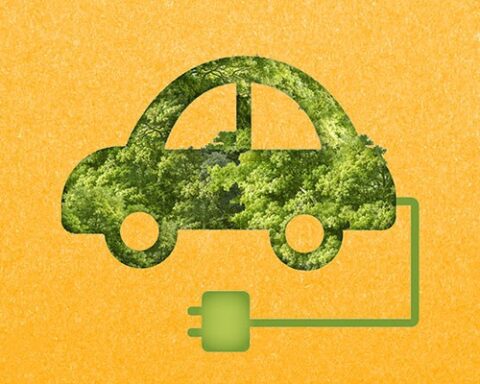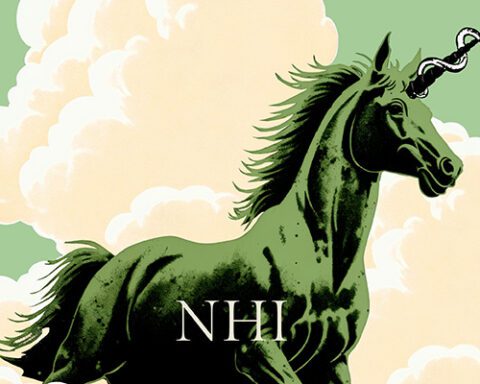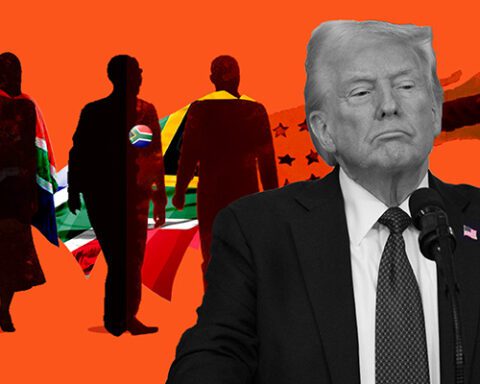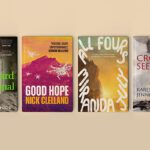Imagine, if you will, the lovechild of Vladimir Putin and Donald J Trump.
A playground bully with a penchant for annexing the sandbox, vacillating between foot-stomping petulance and a sinister calm. The school strongman, who brooks no dissent. For whom truth exists only in a parallel universe; when in doubt, deflect, deny, lie. An enfant terrible. Someone like Paul Kagame.
If you think the analogy is absurd, look no further than Kagame’s interview this week with CNN’s Larry Madowo.
It comes as the long-running conflict in the eastern Democratic Republic of Congo (DRC) cranks up. At the centre is the Rwanda-backed M23 rebel group, which the DRC – along with a rag tag group of militias, it must be said – and a Southern African Development Community mission (Samidrc) are trying to neutralise. South Africa is the largest contributor to the Samidrc force and, for its efforts, has lost 14 soldiers so far.
Neighbouring Rwanda is no bit player in the conflict. A UN experts report on the DRC, released in December, is the sixth such report to confirm the presence of the Rwandan Defence Force (RDF) in the DRC. It puts the number at 3,000-4,000, verified by authenticated photos, drone footage, testimony and intel. These are not just any old soldiers, mind you – they’ve been described as special forces, and they’re operating “high-tech weaponry and directly engag[ing] in the conflict”. In at least one advance, “every M23 unit was supervised and supported by RDF special forces”.
This means our soldiers are, de facto, in direct conflict with the Rwandan army on Congolese soil.
And yet, when asked by CNN if there are Rwandan troops in the DRC, Kagame says with a straight face: “I don’t know.” Incredulous, Madowo points out that Kagame is the commander in chief of the RDF. Kagame: “Yeah. There are many things I don’t know.”
It’s Trump-level dishonesty. Kagame’s own “eating the dogs” moment.
But wait, there’s more.
Madowo asks about coltan – the mineral used in cellphones, laptops and electronic devices – being smuggled into Rwanda from the DRC. Kagame invites him to see for himself; “we will show you where we mine coltan”. On other smuggled minerals, he “knows nothing”.
Kagame’s comments have no truck with documented reality. Since the M23 last year took control of the Rubaya coltan mine – the largest such mine in the Great Lakes region – “at least 150 tons of coltan were fraudulently exported to Rwanda and mixed with Rwandan production, leading to the largest contamination of mineral supply chains in the Great Lakes region to date”, the UN experts report notes.
As damning is that, while Rwanda has indeed got coltan mines, it apparently doesn’t produce the kind of volumes the country is exporting. The BBC reports that US Geological Survey figures show Rwanda’s coltan exports increased 50% between 2022 and 2023. It’s an increase, an expert notes, that could not all have come from Rwanda.
Incidentally, M23 funds its war, at least in part, by collecting $800m a month in taxes on coltan production and trade in Rubaya, the UN experts say.
Once again, Kagame’s sweeping dismissal – and feigned ignorance – of minerals smuggled to Rwanda from M23 combat zones can be thoroughly debunked by verifiable records.
Then it hits closer to home.
Kagame says that no-one wants war – not even DRC President Félix Tshisekedi, “but he has been encouraged in that direction by people showing up to fight for him”. By “people” he clearly means South African troops, the backbone of the Samidrc force. Then, in the absence of any evidence, he claims “the people who are benefiting from minerals of the Congo more than anybody else are South Africa and these other Europeans who are making a noise”.
His spokesperson later doubles down, claiming on X that Cyril Ramaphosa has sent South Africa’s troops to die in the eastern DRC to protect his own mineral interests.
It’s a deflection that’s not so much crossing a line as sending a postcard from the other side.
And don’t forget Kagame’s threat last week that “if South Africa prefers confrontation, Rwanda will deal with the matter in that context any day”. In other words, if you want war, bring it on.
A kindred spirit
It’s the kind of threat we’ve come to expect from another world leader who likes to invade his neighbours, Russian President Putin.
In fact, Kagame and Putin share a number of uncanny similarities. For a start, there’s their improbably high electoral victories. Putin garnered a not-at-all suspicious 88% in last year’s presidential election. Kagame shattered even his own 98.79% record with a massive 99.18% of the vote in 2024.
Of course, it helps when you’ve carefully choreographed your election – jailing opposition candidates or barring them from running. Shutting down democratic space, in other words.
That’s nothing new. Among a litany of ills, the US state department reported in 2021 that there were credible reports in Rwanda of unlawful or arbitrary government killings; forced disappearances by government; torture and inhuman treatment by government; arbitrary detention; political prisoners. And, of course, extrajudicial – and extraterritorial – reprisals against individuals, including “killings, kidnappings and violence”.
South Africa will know about that; in 2014 Rwanda’s former head of external intelligence, Vincent Karegeya, was strangled in his Sandton hotel room. South African authorities applied for the extradition of two Rwandans to answer for that murder. Nothing came of it.
Sound like Putin at all? Polonium, anyone?
When CNN puts it to Kagame that he’s been compared to Putin, the Rwandan leader is nonplussed: “I may be called anything, what can you do about it? I am what I am.”
Which is, in the view of many, a sinister, murderous thug with imperialist ambitions and an utter lack of conscience. And while the West – at least for now – still goes along with the charade, South Africa shouldn’t.
Top image: Rwandan President Paul Kagame. Picture: Gallo Images / Sunday Times / Alaister Russell.
Sign up to Currency’s weekly newsletters to receive your own bulletin of weekday news and weekend treats. Register here.
